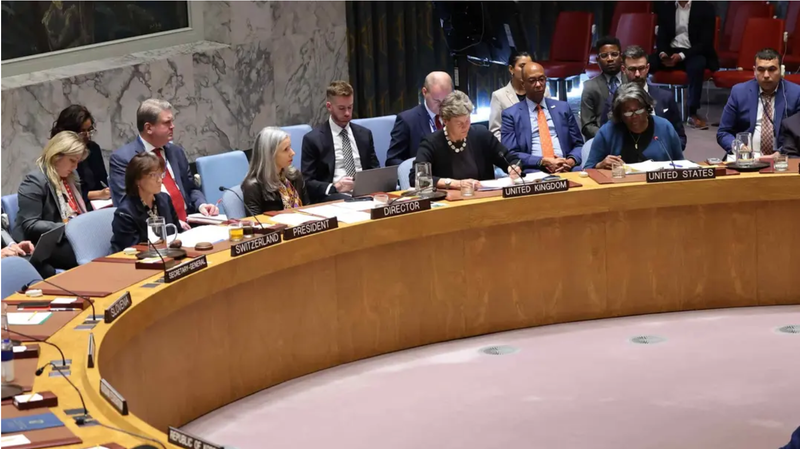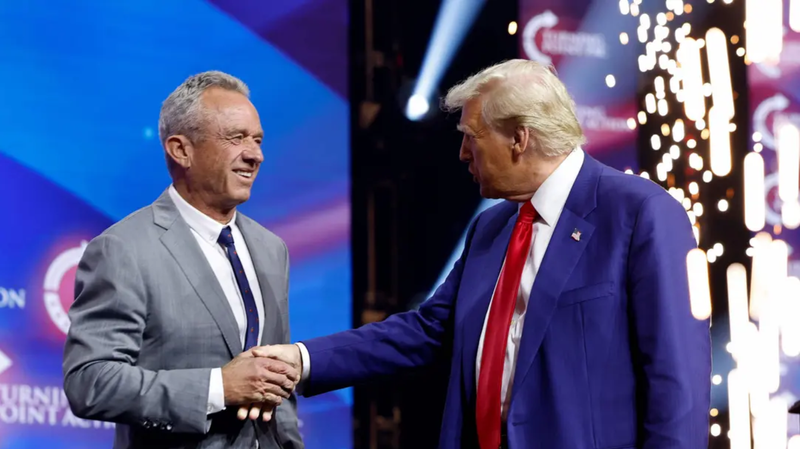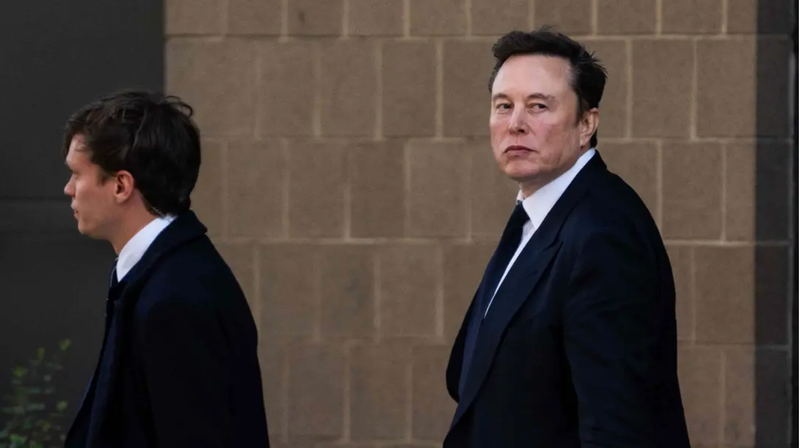Coalition Emerges as New South African Parliament Convenes
On Friday, South Africa's African National Congress (ANC) announced an agreement to form a coalition government with its main opposition Democratic Alliance (DA) after losing its 30-year parliamentary majority in a recent election....
0:00
/1861
Facts
- On Friday, South Africa's African National Congress (ANC) announced an agreement to form a coalition government with its main opposition Democratic Alliance (DA) after losing its 30-year parliamentary majority in a recent election.1
- The coalition marks a historic shift in South African politics, which has never had a national-level coalition government. The ANC has been in power since the end of the nation's white-ruled Nationalist Party in 1994.2
- The DA’s leader, John Steenhuisen, announced the agreement following two weeks of negotiations. The ANC's Secretary General, Fikile Mbalula, confirmed the formation of the coalition as the new Parliament convened for the first time.3
- No party managed to win an outright majority in last month's elections, with the ANC receiving 40.18% of the vote, the DA 21.8%, former President Jacob Zuma's newly formed uMkhonto weSizwe Party (MK) winning 14.59%, and the Economic Freedom Fighters (EFF) securing nearly 10%.3
- Under the unity government pact, President Cyril Ramaphosa, the leader of the ANC, is expected to win his second term as president with support from the other parties.4
- The deadline for parliament to elect a president is Sunday. The Economic Freedom Fighters (EFF) and the new MK Party have declined to join the coalition and are expected to boycott the first meeting of the parliament, though this is unlikely to impact the vote for president.2
Sources: 1Reuters, 2Associated Press, 3CNN and 4US News & World Report.
Narratives
- Narrative A, as provided by Guardian. This coalition should mark the start of a fruitful new chapter in South Africa's history. By moving beyond divisive party politics, the government can focus on collaboration and problem-solving. This coalition will bring previously politically and racially divided parties together to better tackle the issues facing the country, and will also bring in more international investment and economic stability.
- Narrative B, as provided by Daily Maverick. This coalition will likely fail. The participating parties have numerous incompatibilities, public skepticism and distrust in the government are high, and the differing ideologies of the parties leaves the coalition ripe for leadership conflicts, internal divisions, and policy paralysis. The formation of this alliance has been shaky, and the future is uncharted and unknown.







